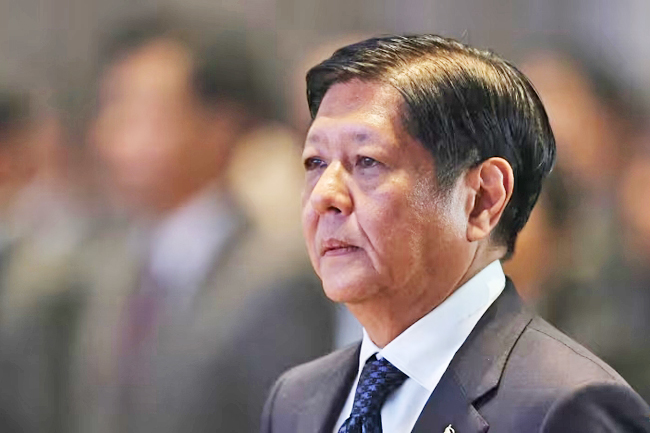MANILA (AFP) – Philippine President Ferdinand Marcos Jr yesterday trimmed corporate taxes and offered more fiscal incentives under a new law aimed at drawing more foreign investments.
The move reduces the corporate income tax to 20 per cent from 25 per cent and allows firms to adopt “work-from-home” arrangements for up to half their workforce, among others. Foreign direct investment to the Philippines reached USD6.2 billion last year, according to United Nations Conference on Trade and Development data.
But that is a fraction of the USD159.67 billion Singapore takes, and Indonesia’s USD21.6 billion, while Vietnam’s stands at USD18.5 billion. Businesses often cite high power costs, foreign ownership restrictions, and poor infrastructure as key hurdles to investment.
“We have taken a decisive step towards our vision of a globally competitive and investment-led Philippine economy,” Marcos said in a speech at a signing ceremony attended by legislators.
“Through this law, we seek to attract… both domestic and global investments, focusing on strategic industries that will shape our future”. The law also allows businesses currently enjoying investment incentives to take advantage of enhanced tax deductions, including a 100 per cent coverage for power expenses.
Finance Secretary Ralph Recto said in a statement that this will be “significantly cutting costs for the manufacturing sector”.
For businesses established before the new law, perks for strategic investments including on import duties and value-added taxes were extended by 10 years to 27 years.





